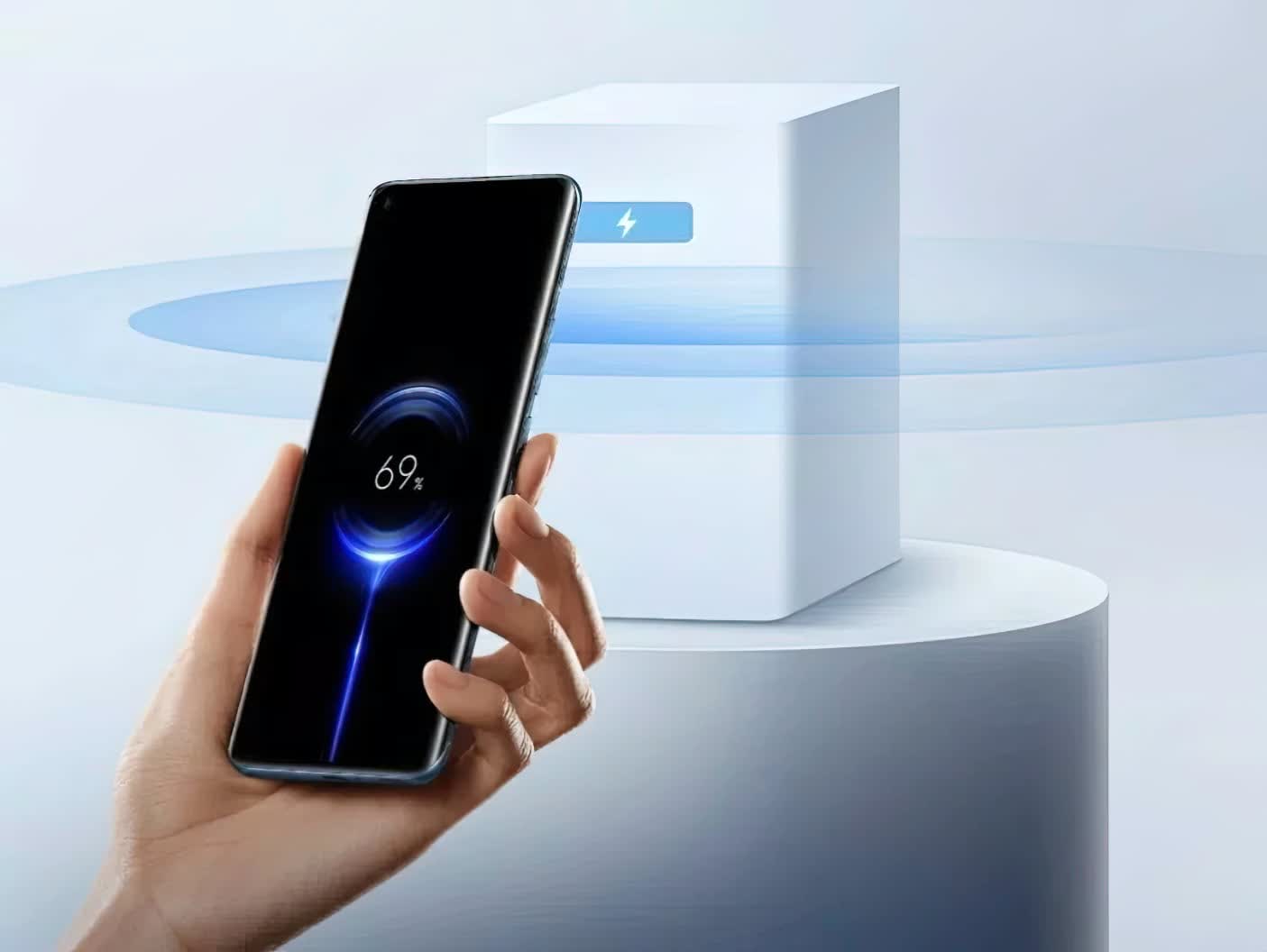Bold claims: When it comes to gadgets, nothing is truly wireless unless there's freedom of movement in the user experience. Wireless earphones accomplished this feat a few years ago, and if you ask Xiaomi it seems that wireless charging has done so as well. The company says its new Mi Air Charge technology can remotely charge multiple devices (5W each) over several meters without interference from physical obstacles.
Counterpoint: While it's great to see innovation and the advancement of technology, this Xiaomi announcement is purely marketing hype and it will almost certainly never hit the market. From an engineering perspective, the efficiencies of these transmitters are so low that this device would likely require 1000W+ of input power to deliver 5W to a phone. Unless the phone is held at a precise position, no power will be delivered. That means you can't put your phone down on a table, you can't turn it, and you can't cover it with your hand. On top of that, cost could easily be $1000+. Announcements like these come along every few months and without fail, they never amount to any real product.
The Qi wireless charging standard that most electronics employ these days still requires the host and receiver to be in very close proximity, accepting no more than 4cm (1.6-inches) of distance for charging. And while power output has been gradually improving over the years, companies like Xiaomi have been coming up with their own proprietary fast-charging wireless solutions that have been recently touching an insane 80W, though with the distance limitation still in place.
In its latest announcement, the Chinese conglomerate revealed Mi Air Charge, a technology which it says allows for true wireless charging "within a radius of several meters." The in-house developed tech uses phased antennas for locating and steering radio waves to the receiving device that also has a built-in antenna array for converting these waves into electrical energy for charging.
Xiaomi also notes that Mi Air Charge can simultaneously juice multiple devices at 5W, and that physical objects do not interfere with the tech's charging efficiency. The company aims to make it work with smartwatches, wearables, and smart home products like desk lamps and speakers. Don't expect, however, for Mi Air Charge to appear on the market anytime soon since a Xiaomi executive tweeted in a response that the tech won't be arriving on consumer products this year.
It remains to be seen how Mi Air Charge will affect Xiaomi's hardware prices going forward and whether users will trade their fast-charging equipment (cables, power banks, wall chargers) for 5W truly wireless charging. The company might also need to address concerns around safety and actually ship Mi Air Charge to prove that "it's not science fiction, it's technology."
Editor's note: Counterpoint added, written by William Gayde.
